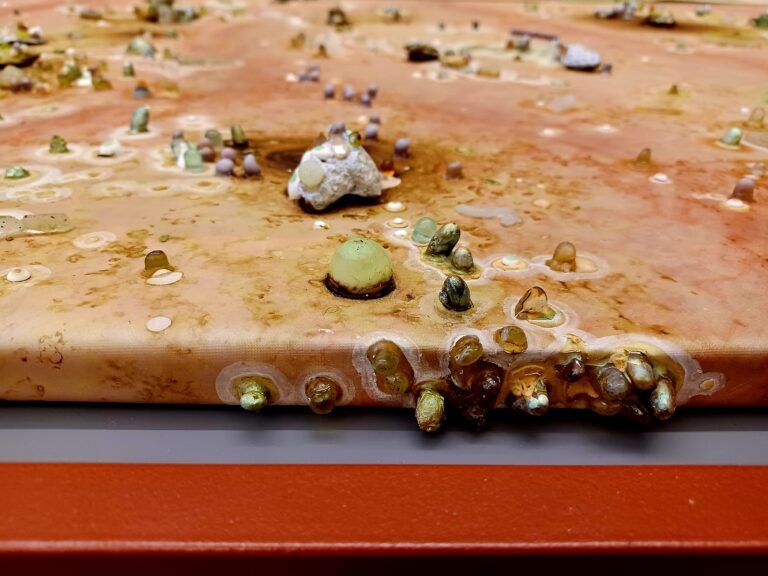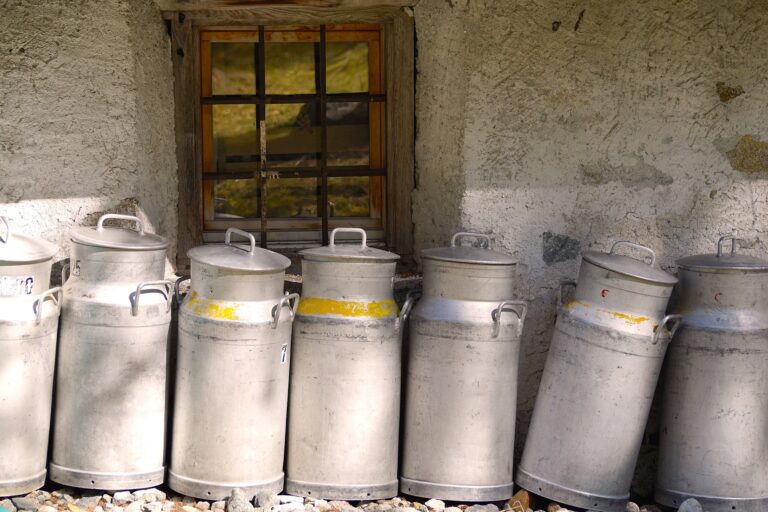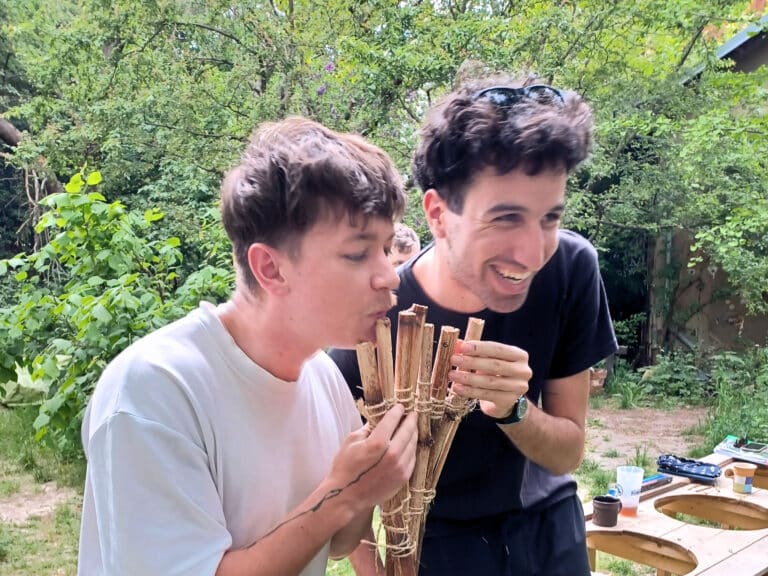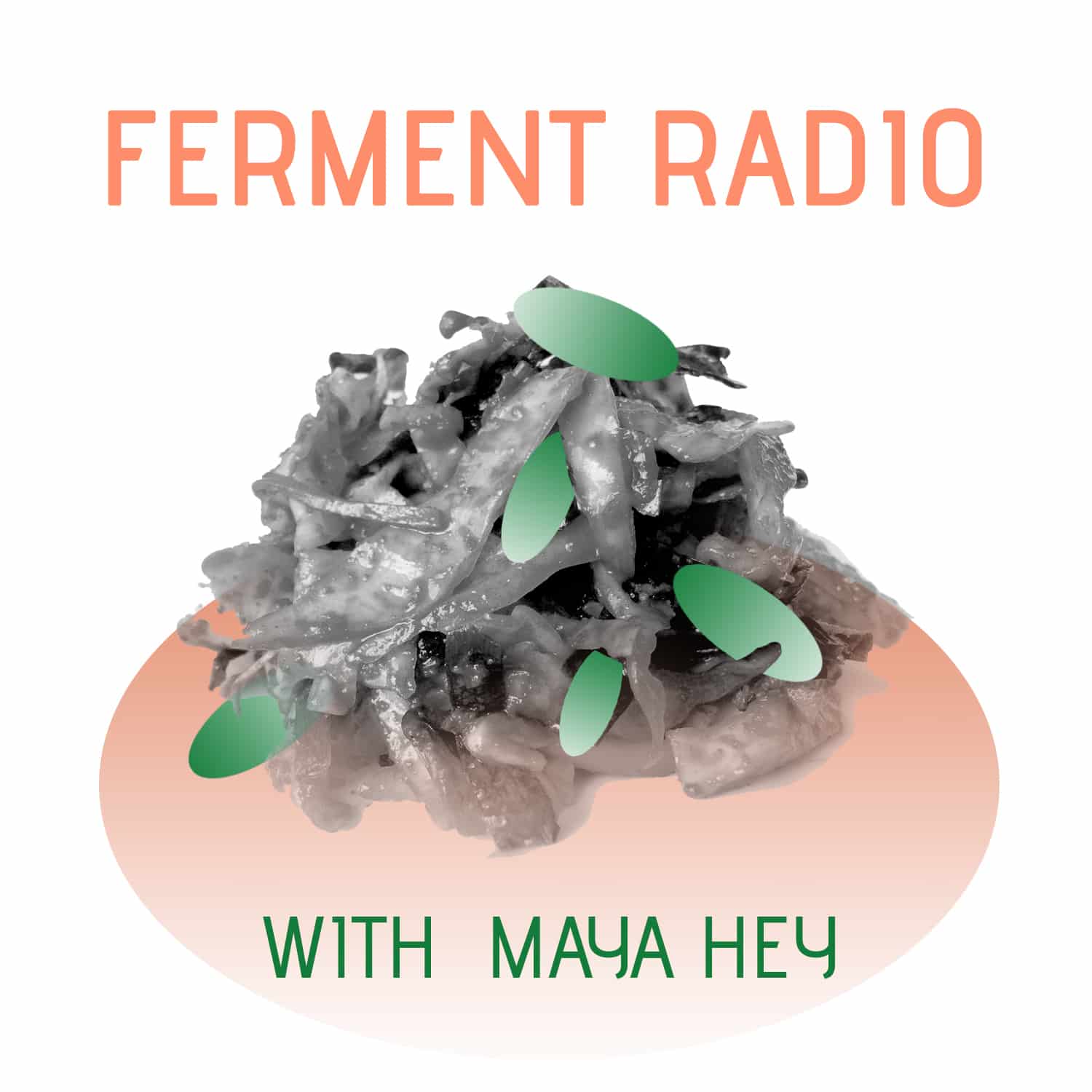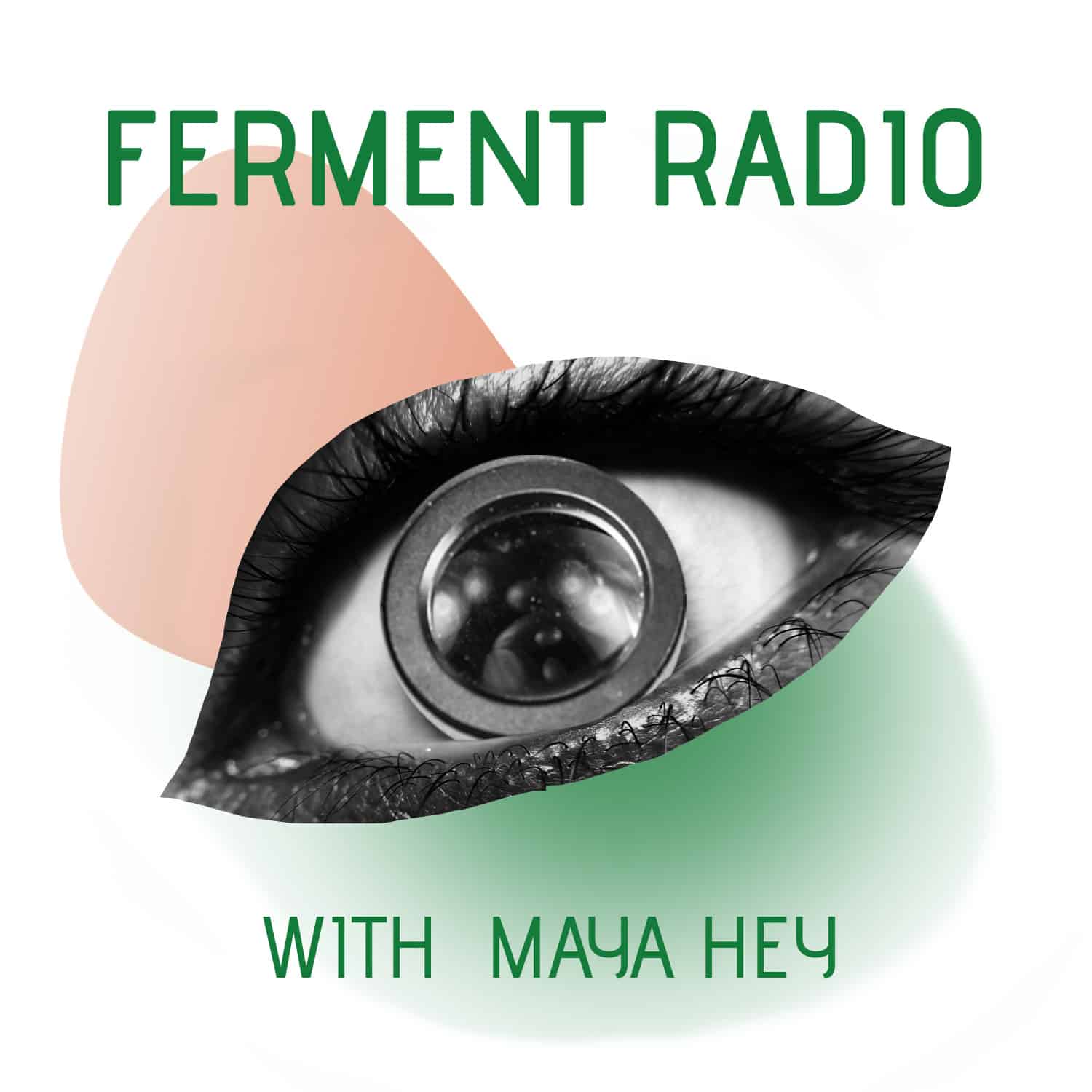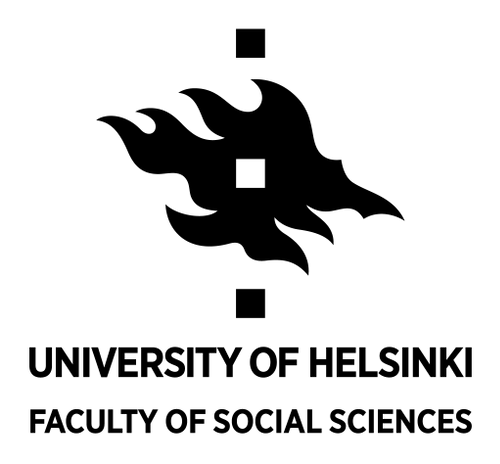Maya Hey is an expert on human–microbe relations in food settings, holding degrees in dietetics, food studies, and communications. Her research focuses on fermentation and the material practice of how we come to know microbial life. Her doctoral research at Concordia University (funded by Vanier Canada Graduate Scholarship) examined fermentation as a way to theorise communications in human–microbe relationships through sensory ethnography in Japan. Since then, she continues to bring a humanities and social science perspective to the life sciences, calling upon intersectional, non-Western, and multispecies approaches to map out human response-ability in a more-than-human world. Her departmental appointments have ranged in discipline from media studies to rhetoric to sociology, with teaching experience in critical thinking, articulation theory, special topics in food/media, composition, and hands-on workshops.
In her current post, she examines the intersection of ferments and microbiome research, particularly as it reveals assumptions about what microbes are, how we work with them, and how they get slotted into a technosolutionist imaginary. Previous research topics include synthetic biotechnologies and responsible innovation (2021-2022, Future Organisms), intersectionality in the Canadian context (2018-2019, Intersectionality Hub), research-creation and practice-based methods (2017-2018, Hexagram), enzymatic potential of koji (2016, Nordic Food Lab), ractopamine in the water supply (2014, Mezyk Lab), and discourses of food safety in post-Fukushima Japan (2013).
Her work experience spans preschools, chemistry labs, culinary kitchens, organic farms, food banks, and food markets, where she has cumulatively garnered over 15 years of experience facilitating discussions around contemporary food and health issues. She leads the group fff|food feminism fermentation and is passionate about open education and pedagogy.


